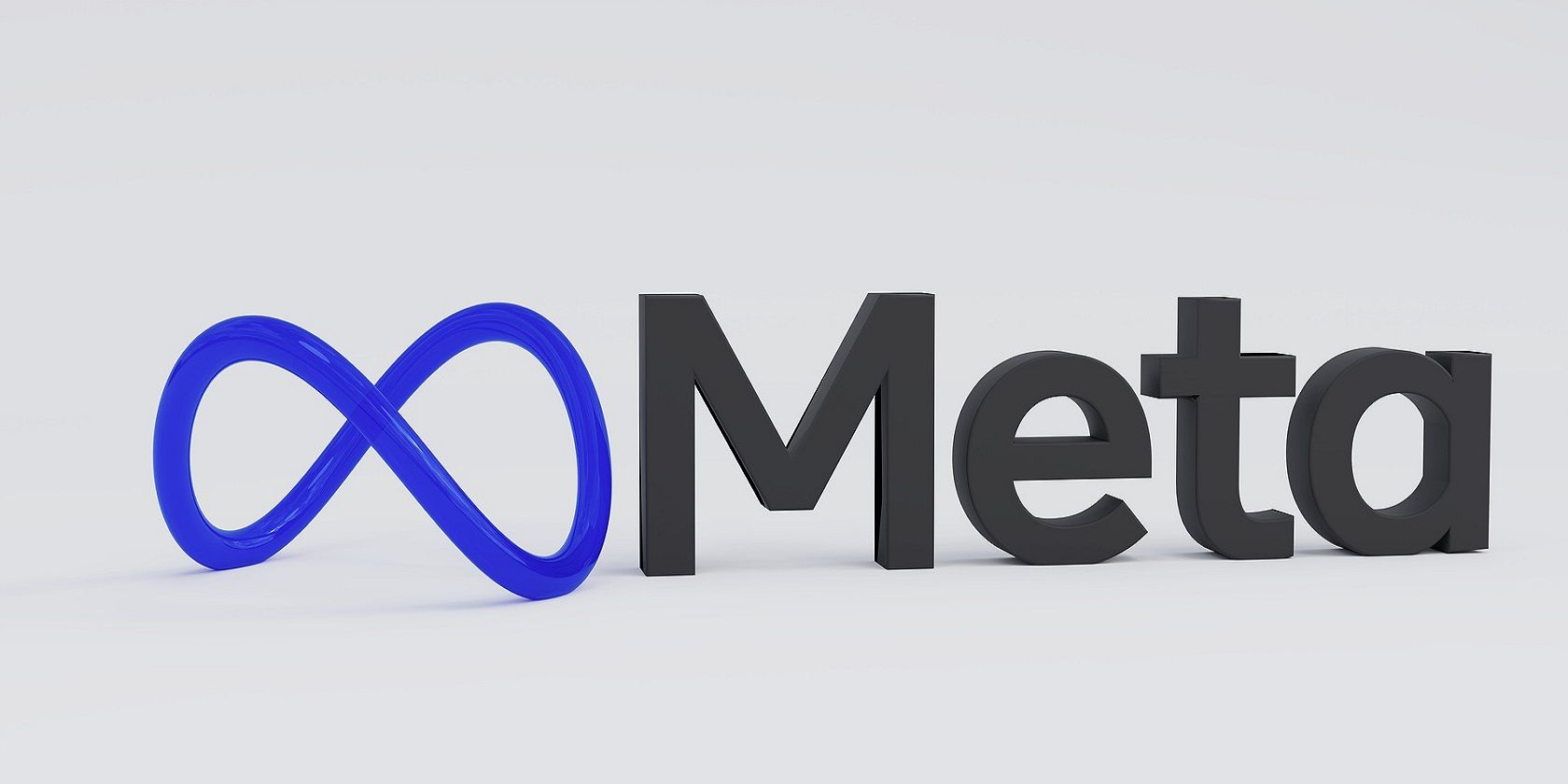
The Unveiling of Metaverse - Risks and Realities

The Unveiling of Metaverse - Risks and Realities
Every once in a while, new technology arrives to disrupt the status quo. And while these moments are exciting, they bring new worries along with them too.
Facebook is leading the charge to the metaverse, but you shouldn’t get too excited yet. As great as the metaverse sounds, it has several potential consequences to carefully consider.
Facebook and the Metaverse
When it comes to disruptive technologies, the pioneers often end up on top. Few companies understand this as much as Facebook, as the multi-billion-dollar tech behemoth owes much of its success to its pioneering status in social media.
When Facebook arrived in 2004, it had plenty of real estate through which to spread its roots, cornering a vast chunk of what would later become a lucrative market. Now, the company is refocusing on the metaverse, hoping to repeat its success as a pioneer in a technological revolution.
If Facebook, Inc.—now called Meta—succeeds, it will hold a winning hand in a tech space that may soon engulf our lives.

This heightens concerns that a few tech giants will monopolize the metaverse (just as they’re doing with Web 2.0), rather than fulfilling the popular utopianvision of a metaverse powered by a decentralized ecosystem.
Although the metaverse is still in its early days, it’s important to highlightthe problems Big Tech poses before it becomes irreversible.
A key element of the metaverse is mixed reality (MR). MR is a blend of the digital and real worlds by usingvirtual reality (VR) and augmented reality (AR) technologies . Eventually, this blend may become so immersive and pervasive that people’s virtual and real lives become tied together and indistinguishable.
If this happens, whoever controls the metaverse could control a significant portion of reality.
Here are some reasons why a Meta-led metaverse is something we should be worried about.
1. A Privacy Nightmare

Facebook’s poor privacy practices have always been a subject of concern. One of the most high-profile examples was the Cambridge Analytica scandal of 2018.
Although most Big Tech players like Amazon and Google aren’t innocent of data collection, Meta stands out because of the kind of data it has access to. After buying WhatsApp and Instagram, the company has one of the largest databases of personally identifying data of any company.
Although the metaverse is at a developing stage, Meta is already pouring billions of dollars into developing MR technologies—the backbone of the metaverse and some of the most intrusive and data-extractive tech gadgets you can find.
Current MR devices are fitted with eye, face, hand, and body tracking tech. A pilot study in the2021 International Symposium on Wearable Computers even fitted an MR device with an electroencephalogram (EEG) system that can record your brain activity.
In addition to the data Meta already has on you, the company will get even more private information about you through MR devices. Meta might be able to estimate your physical characteristics, how you walk, talk, and think, and more intrusive details on your persona.
Perhaps even scarier is the fact that Meta has a dark history of sharing this kind of data with other companies. In principle, this means your data, with as intrusive as collection might get, could end up just about anywhere. A Meta-led metaverse means we’ll begiving Big Tech our private data to sell or use to an even greater degree.
2. Another Digital Addiction for Gen Z

Social media can be addictive, especially for young users. It is already hurting people’s mental health. As society gets more immersed in the digital world, it could become even more detached from the physical.
With its considerable user base, Meta is a major culprit in letting this happen. An investigative series in theWall Street Journal shows that a huge percentage of young Facebook users are aware of their addiction to its products, but feel trapped and unable to reduce their usage.
Asanother Wall Street Journal report shows, Meta wants these young users to stay hooked to maintain its revenue. The company has proven time and again that as long as it makes money, anything goes—even if that means sacrificing the mental health of Gen Z.
The metaverse is set to be a significantly more immersive and addictive iteration of the internet, and signs of this are already showing. Meta is targeting young social media users in its campaign to win people over on a Meta-led metaverse.
According to a report byInsider , the company is enlisting influencers on TikTok, a platform with a huge Gen Z user base, to promote its dreams for the metaverse. Mark Zuckerberg has explicitly said the company’s key objective is attracting young adults to its platform.
Meta’s history of promoting addictive content to a young addiction-susceptible market is a potentially dangerous combination for the metaverse.
3. A Dangerous Monopoly

Meta already enjoys a significantmonopoly over our social digital life . It’s difficult to have a digital social presence without using any of Meta’s social media products.
The metaverse promises to be an all-encompassing next phase for the internet. A lot of what isn’t really possible to do on the internet today—dancing, singing, working out—could make sense with the metaverse.
While that is certainly exciting, a Meta-dominated metaverse would only put more of these new social life possibilities in the hands of a single corporation.
A Meta-dominated metaverse could also spell the death of independent innovation within the metaverse. Meta’s business strategies are rooted in scaling and muscling out competitors. It acquired WhatsApp and Instagram, copied Snapchat features (after failing to buy it), andlaunched Instagram Reels to put a check on TikTok.
If you’re not Microsoft, Google, Apple, or a tech company with similar financial resources, innovating on a Meta-led metaverse could be a stifling experience.
Meta’s Vision of the Metaverse
While many people believe that no single entity will be able to maintain significant control of the metaverse, Big Tech has different ideas. Companies like Meta do not thrive in decentralization. Meta’s vision of the metaverse isn’t exactly the user-controlled world the larger public envisions; it’s an immersive version of its current products and ecosystem.
It will likely try to replicate its existing closed-door ecosystems—ones that it can control—in the metaverse. Without a developed policing structure in place, a Meta-led metaverse is a worrying prospect.
This doesn’t mean you have to throw out your VR gaming devices right now, though. There are still key differences to understand between VR and the metaverse.
Also read:
- [New] In 2024, Beginners Guide to Zoom Breakout Rooms
- [Updated] Innovative Flight Stability Best Gimbals
- Battlefield 4 No Sound? Here’s The Fix!
- Bypassing Lost Phone's Security Hurdle in FB Settings
- Crafting Captivating SMM Content Using Ripl
- Crafting Your FB Profile: A Guide to Designing With Your Avatar
- Facebook Invites You to Shape Tomorrow’s Metaverse, Awaiting 10K!
- Guide: Enabling and Using Apple Maps on Your Windows PC
- Mastering SRT Output From Adobe Premiere
- Resolving Windows 11 Boot Loop Problems for a Smooth Computer Shutdown
- Solving d3dx9_26.dll File Not Detected: A Step-by-Step Guide
- The CEO’s Companion: Goat with a Blockchain Twist
- The way to recover deleted contacts on Oppo A18 without backup.
- When Will the Gavel Fall? Anticipating Facebook's Judgment on Trump.
- Title: The Unveiling of Metaverse - Risks and Realities
- Author: Michael
- Created at : 2024-12-22 17:24:18
- Updated at : 2024-12-27 20:22:25
- Link: https://facebook.techidaily.com/the-unveiling-of-metaverse-risks-and-realities/
- License: This work is licensed under CC BY-NC-SA 4.0.